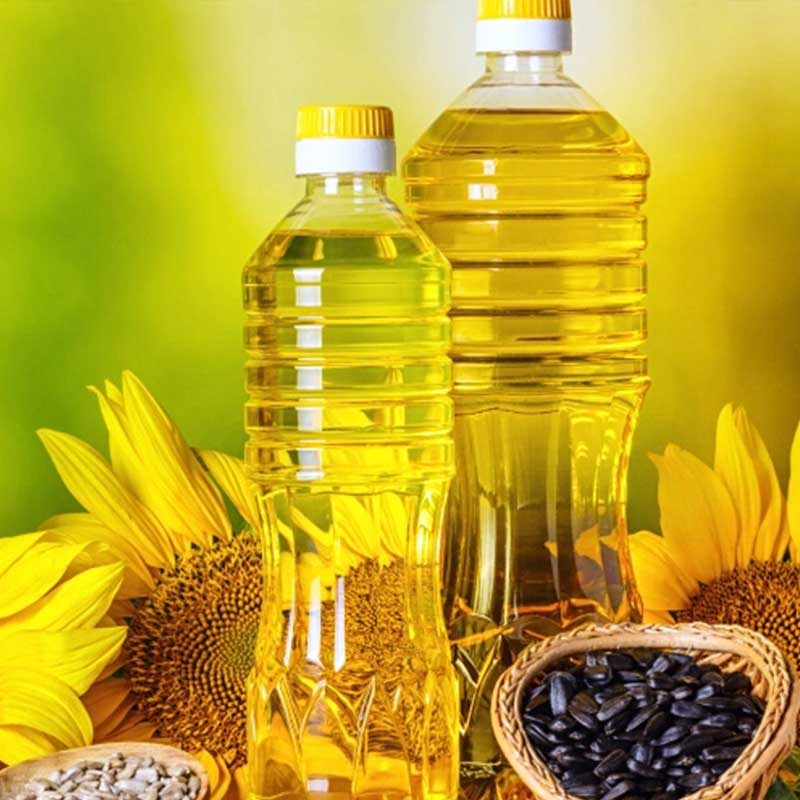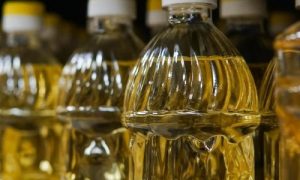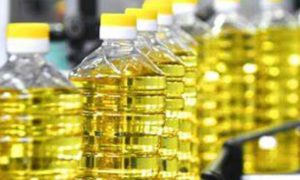State turns to local production to cut Sh160bn edible oil import cost

The government is planning to grow sunflower in 34 counties to boost local production of edible oils and cut importation costs.
Officials say local production will reduce the import bill by 50 per cent and eventually lower prices of cooking oil.
Agriculture CS Mithika Linturi said the country spends at least Sh160 billion to import edible oils annually from South-East Asian countries.
The CS said the government is seeking to promote production of edible oil crops through the Edible Oil Crops Promotion Project.
He spoke during a meeting on the promotion of edible oil crops value chains.
Linturi said the Sh981 million five-year project is co-funded by the National Treasury at Sh400 million and AFA Nuts and Oil Crops Directorate, the lead agency, at Sh581 million.
The project started on July 1, 2023, and will run until June 30, 2028. It will be implemented by the Agriculture and Food Authority (AFA) in collaboration with state departments, agencies and county governments.
“So far, 70 tonnes of sunflower seeds from Kenya Seed Company have been distributed to farmers in Uasin Gishu and Trans Nzoia counties for seed multiplication,” the CS said.
An additional 30 tonnes are being grown at the Agricultural Development Corporation.
At least 2.5 million tonnes of seeds are being developed at the Kenya Agricultural and Livestock Research Organisation’s Alupe centre.
Linturi said the government is targeting to put 100,000 acres under palm oil by 2027 and 50,000 acres has been identified in Homa Bay and Siaya counties.
Another 120,000 acres will be put under canola production.
Data from AFA shows national annual consumption for edible oil is an estimated 900,000 tonnes against a national production of 80,000 tonnes of domestically produced edible oil crops.
The deficit of 820,000 tonnes is met through imports. Local production of vegetable oils and fats accounts for less than nine per cent of the local demand.
“In 2023, Kenya imported 720,000 tonnes of crude and ready to use vegetable oil valued at Sh98.9 billion. This ranked the edible oil as one of the country’s most important imports after petroleum,” Linturi said.
Food security adviser in the office of the president Dr Dominic Menjo said the Kenya Kwanza government has earmarked 200,000 acres for sunflower cultivation this rainy season and two million acres in October.
“When we started this project, Kenya Seed had only 70 tonnes, which can only cover about 25,000 acres. If we are to rely on sunflower alone, the country will need about five million acres,” he said.
“Since we are importing one million tonnes and each acre produces about 200 litres, the country has procured around 500 tonnes of seed from Zambia.”
Menjo said the government is targeting to produce 40 million litres of cooking oil valued at Sh8 billion, with projected returns of Sh10 billion to farmers.
“The government will support MSMEs to establish cottage industries specifically to access affordable finance for procuring oil presses and packaging material,” he said.
Kenya imports close to 95 per cent and most of it is palm oil. AFA attributes the high imports to low production despite the country having a great potential.
Last year in October, the regulator announced plans to increase Kenya’s edible oil production from five to 50 per cent in the next five years.
Source Link : https://www.the-star.co.ke/news/star-farmer/2024-03-27-state-turns-to-local-production-to-cut-sh160bn-edible-oil-import-cost/














